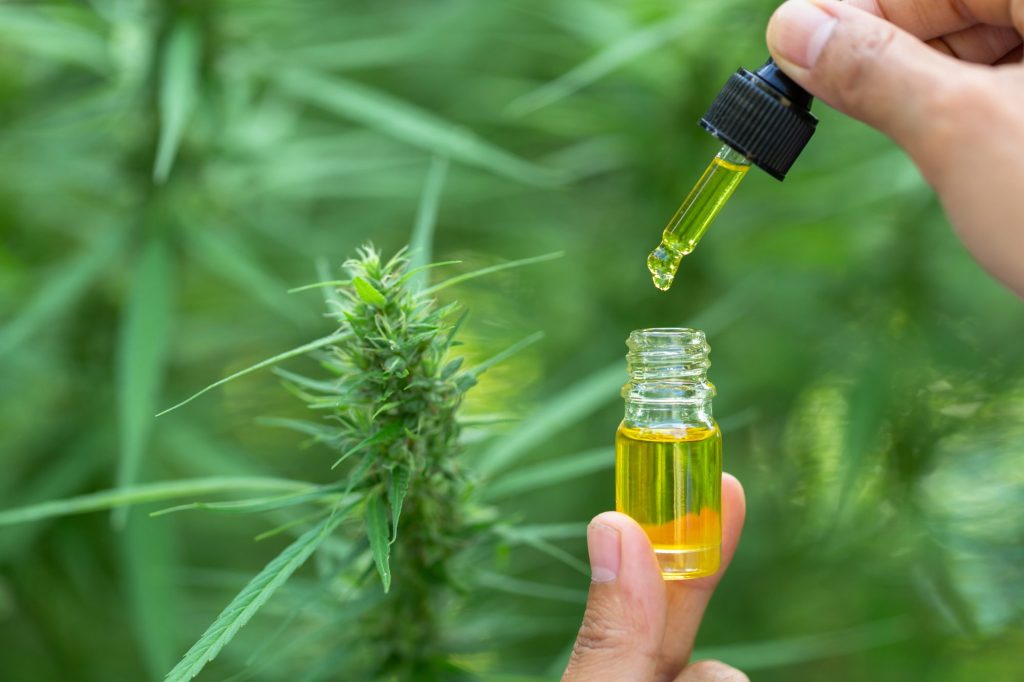HHC tincture, or hexahydrocannabinol tincture, is emerging as a notable alternative to traditional medicine, capturing the attention of those seeking natural remedies for various health concerns. As a cannabinoid derived from hemp, HHC is gaining popularity for its potential therapeutic benefits, offering a novel approach to wellness that contrasts with conventional pharmaceuticals. Unlike THC tetrahydrocannabinol, which is well-known for its psychoactive effects, HHC is often celebrated for its more subtle impact on the mind, potentially providing a range of benefits without the intense euphoria associated with its more famous cousin. One of the primary appeals of HHC tincture lies in its natural origins. Extracted from hemp plants, it aligns with the growing trend of seeking out plant-based and holistic treatments. This tincture is typically created by infusing hemp extract with carrier oil, such as MCT medium-chain triglyceride oil, which facilitates the absorption of HHC into the bloodstream. The result is a product that can be administered sublingually under the tongue for faster onset of effects or added to foods and beverages for more gradual relief.

The potential health benefits of HHC tincture are diverse. Some users report experiencing relief from symptoms like anxiety and stress, attributing this to hhc oil interaction with the endocannabinoid system, which plays a crucial role in regulating mood and stress responses. Additionally, HHC tincture may offer anti-inflammatory properties, making it a promising option for those dealing with chronic pain or inflammation-related conditions. Its possible analgesic effects might provide a more natural alternative to over-the-counter pain relievers or prescription medications. Another notable aspect of HHC tincture is its potential to improve sleep quality. Many individuals struggling with insomnia or disrupted sleep patterns are exploring cannabinoids as a means to promote restful sleep. HHC, with its calming and relaxing properties, may help users achieve better sleep without the residual grogginess often associated with traditional sleep aids.
Furthermore, HHC tincture is part of a broader movement towards personalized and preventative healthcare. By integrating such natural alternatives into their routines, individuals can explore how different cannabinoids interact with their bodies, allowing for a more tailored approach to health management. This aligns with a shift towards more individualized and less invasive medical practices, where patients are increasingly involved in their wellness decisions. It is important to approach HHC tincture with informed caution, as the research on its long-term effects and interactions is still evolving. Users should consult with healthcare professionals before incorporating it into their wellness regimen, especially if they have existing medical conditions or are taking other medications. Despite these considerations, HHC tincture represents a promising addition to the expanding landscape of natural health solutions, offering a potential complement to traditional medicine for those seeking a more holistic approach to their well-being.
